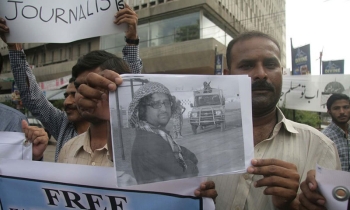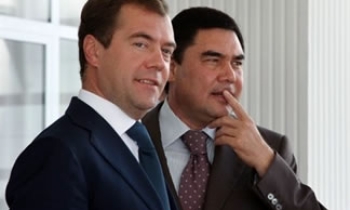Sun editor Rebekah Wade, Channel 4 News anchor Jon Snow and Newsnight's Jeremy Paxman all did, but Today presenter John Humphrys, News of the World editor Andy Coulson and BBC Ten O'Clock News presenter Fiona Bruce did not. More than half of Britain's top 100 journalists were educated at private schools, a proportion that has increased over the past two decades, according to research.
The figures suggest the profession is increasingly dominated by a privately-schooled, Oxbridge-educated elite and demonstrate it is becoming difficult for those from other backgrounds to get a foothold, according to the educational charity that carried out the survey.
The survey showed that 54% of the top 100 newspaper editors, columnists, broadcasters and executives were educated privately, despite fee-paying schools catering for 7% of the school population. That figure has increased from 49% in 1986, when the research was last carried out. Sir Peter Lampl, chairman of the Sutton Trust, said the study confirmed a pattern evident among top lawyers and politicians. "This is another example of the predominance of those who are privately educated in influential positions in society," he said.
Earlier studies by the trust, which aims to widen educational access, showed that 70% of barristers in the top chambers had attended fee-paying schools, and a third of MPs. Supplemented by background discussions with newspaper editors and broadcasting executives over their recruitment policies, the study also showed that only 14% of the top 100 attended a state comprehensive, collectively responsible for the education of nine in 10 British children. Coulson, the Daily Mail's Allison Pearson, the Guardian's Polly Toynbee, Five News anchor Kirsty Young and ITV News editor Deborah Turness were among the few who did. Most of the rest of those with a state education went to grammar schools, the decline of which was highlighted as one of the main reasons for the fall in the number of journalists from non-fee-paying schools.
The survey also revealed that of the 81% who had been to university, more than half of the leading journalists went to Oxbridge. One in three went to Oxford.
According to Lee Elliot Major, the Times Higher Education Supplement's news editor, who led the research, while newsrooms tended to be meritocratic places once journalists had got a job, the informal recruitment practices of the media industry tended to favour those from a narrow pool. It concluded that this tended to be because they were more likely to be able to survive the low pay and high job insecurity endemic at junior levels and were more likely to have personal or family connections within the industry.
He said an honest debate was required about the breadth of the talent pool. Because it could be difficult to judge journalists on their CVs alone, he said, editors were likely to appoint applicants they knew and the contacts of those who went to private school often helped them.









